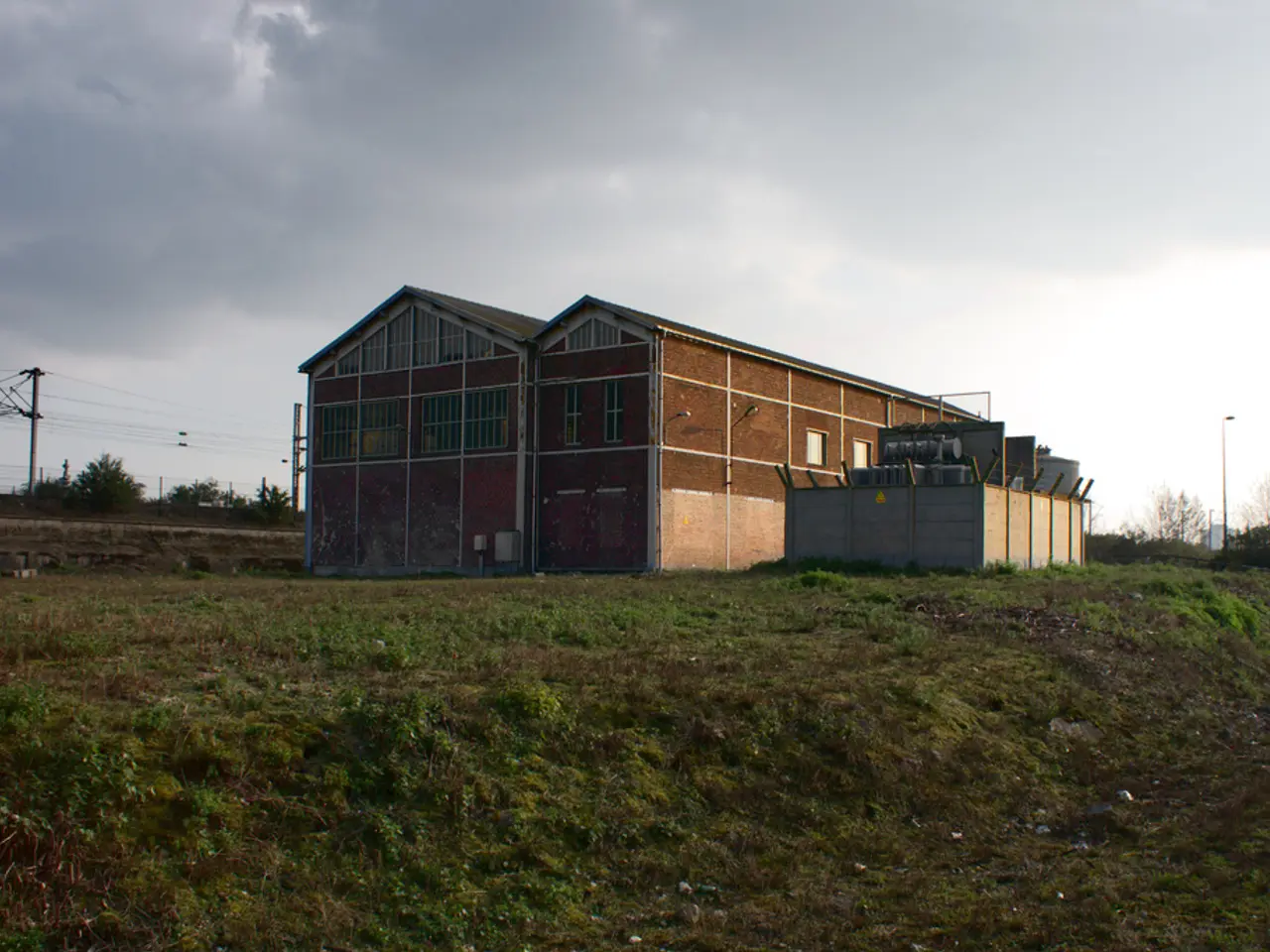10% of German Households Struggle with Energy Poverty, Study Finds
A recent study by the Öko-Institut reveals that around 10% of German households face energy poverty, struggling with rising energy prices. The research, conducted in 2023, highlights specific population groups disproportionately affected and suggests targeted measures to tackle this issue.
Energy poverty in Germany has been a growing concern since Russia's invasion of Ukraine in 2022, which initially drove up heating costs. According to the Federal Statistical Office, 7.1% of households could not afford adequate heating in 2023, down from 8.2% in 2002. However, the number remains significant, with approximately 5.3 million people, or 6.3% of the world population, still unable to heat their homes adequately in 2024.
Tenants and retirees are particularly vulnerable. High heating costs and limited ability to make changes put them at a disadvantage. The Öko-Institut's study shows that 11% of households in the lowest income bracket do not heat adequately, underscoring the income-related nature of energy poverty.
Energy expert Viktoria Noka advocates for income-dependent state promotion of building insulation and modernization incentives for rental buildings with rent caps. She believes that increasing energy efficiency and promoting insulation are key strategies to combat energy poverty. While direct financial subsidies can be helpful, they should be tailored to income, time-limited, and not replace renovation measures. Gas and heating oil prices have risen slightly since September, but district heating, wood pellets, and electricity have become cheaper, offering some relief.
The Öko-Institut's research underscores the need for targeted policies to combat energy poverty in Germany. With around 10% of households affected, and specific population groups disproportionately impacted, addressing this issue requires tailored solutions. Income-dependent promotion of building insulation and modernization, along with targeted financial subsidies, are among the recommended measures to ensure that all Germans can afford adequate heating.
Read also:
- American teenagers taking up farming roles previously filled by immigrants, a concept revisited from 1965's labor market shift.
- Weekly affairs in the German Federal Parliament (Bundestag)
- Landslide claims seven lives, injures six individuals while they work to restore a water channel in the northern region of Pakistan
- Escalating conflict in Sudan has prompted the United Nations to announce a critical gender crisis, highlighting the disproportionate impact of the ongoing violence on women and girls.








